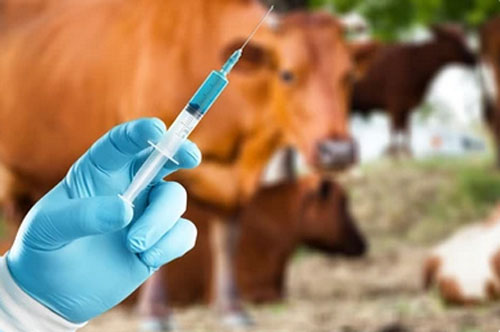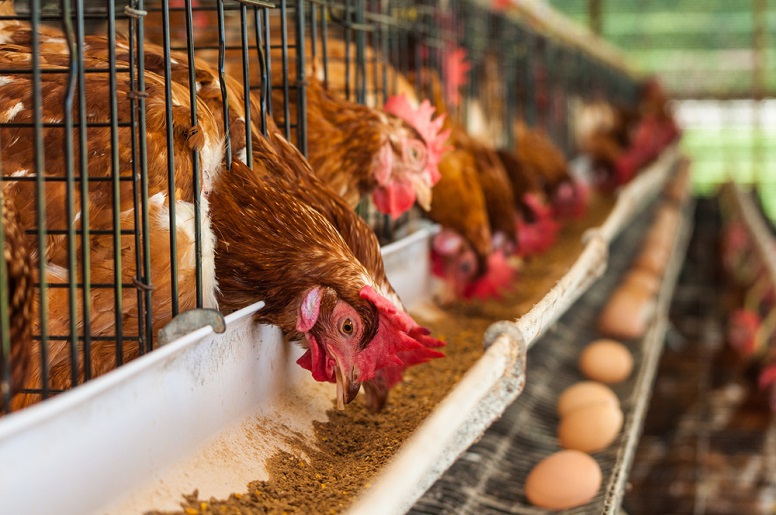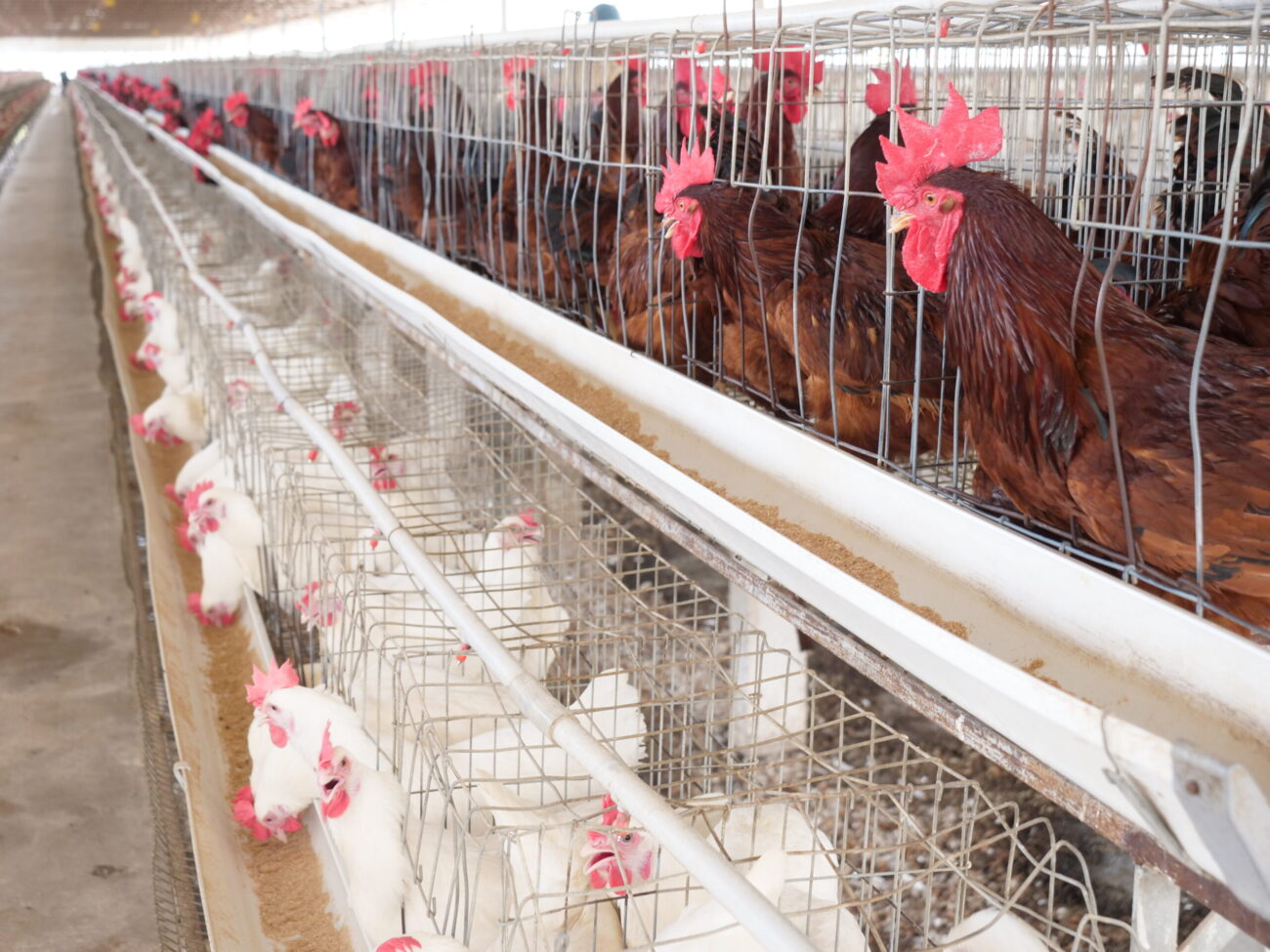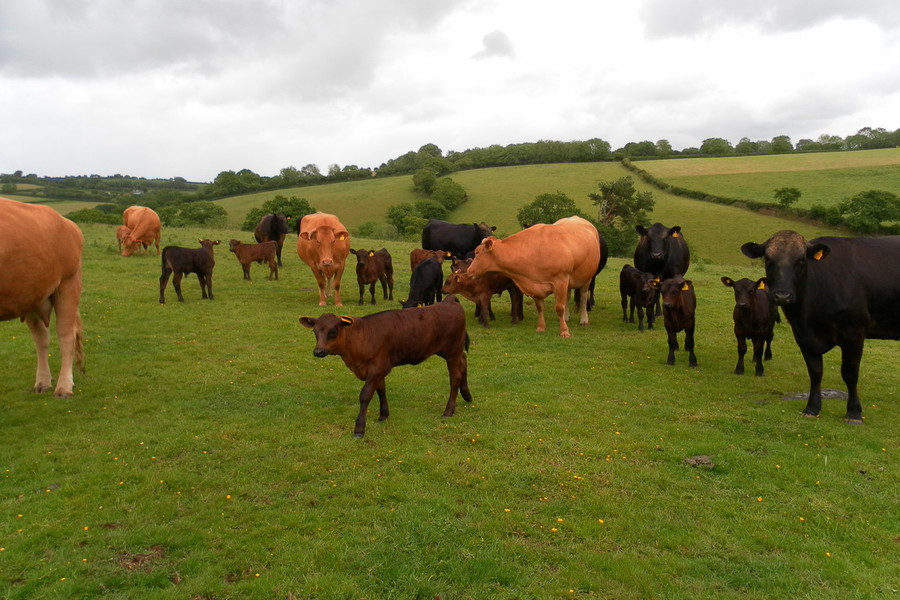
Understanding Animal Welfare and Why It Matters
Animal welfare is more than just providing food and water to animals. It is about ensuring that animals under our care live healthy, comfortable, and stress-free lives. Whether you are managing livestock, poultry, pets, or working animals, prioritizing welfare practices is essential for productivity, public health, and ethical responsibility.
What is Animal Welfare?
Animal welfare refers to the physical and mental well-being of animals. It involves meeting their basic needs such as nutrition, housing, healthcare, and freedom from stress or pain. Good welfare practices ensure that animals can grow, reproduce, and perform naturally without suffering.
The Five Freedoms of Animal Welfare
Globally, animal welfare is guided by the “Five Freedoms”:
- Freedom from Hunger and Thirst – Access to clean water and balanced diets.
- Freedom from Discomfort – Proper housing, ventilation, and space.
- Freedom from Pain, Injury, and Disease – Preventive healthcare and timely treatment.
- Freedom to Express Normal Behavior – Adequate space and the right environment.
- Freedom from Fear and Distress – Handling animals calmly and reducing stress.
Why Animal Welfare Matters
- Improved Productivity: Animals that are well-fed, stress-free, and healthy grow faster, produce more milk, lay more eggs, and reproduce better.
- Food Safety and Quality: Healthy animals produce safe and high-quality food for human consumption, reducing risks of foodborne diseases.
- Economic Benefits: Minimizing disease outbreaks and stress leads to reduced veterinary costs, lower mortality, and higher farm profits.
- Ethical Responsibility: Farmers, veterinarians, and society at large have a moral obligation to treat animals humanely.
- Market Access: International markets increasingly demand animal products that come from welfare-friendly farms. Good welfare practices can open doors for exports.
Practical Ways to Improve Animal Welfare
- Provide balanced feed and constant access to clean water.
- Ensure proper housing: enough space, ventilation, and clean bedding.
- Vaccinate and treat animals promptly to prevent diseases.
- Train farm staff on proper animal handling and care.
- Use enrichment practices (such as perches for poultry, scratching posts for goats, and enough exercise space for cattle).
- Regularly monitor animals for stress, injuries, or abnormal behavior.
Conclusion
Animal welfare is not just a moral duty but a smart farming practice. By ensuring animals live healthy and stress-free lives, farmers achieve better productivity, higher income, and greater acceptance in local and global markets. A strong focus on animal welfare benefits not only the animals but also farmers, consumers, and society as a whole.






https://shorturl.fm/4YjSh
https://shorturl.fm/DKa3W
https://shorturl.fm/Ivsa5
https://shorturl.fm/KKO9I
https://shorturl.fm/mMIxk
https://shorturl.fm/UyBx4
https://shorturl.fm/iiX5V
https://shorturl.fm/hQbOO
https://shorturl.fm/QeKpo
https://shorturl.fm/lrucf
https://shorturl.fm/NFvKG
https://shorturl.fm/bqHGJ
https://shorturl.fm/jhh7U
https://shorturl.fm/f2CyU
https://shorturl.fm/qu33p
https://shorturl.fm/JsaO6
https://shorturl.fm/wRIns
https://shorturl.fm/wr0On
https://shorturl.fm/gViJA
https://shorturl.fm/GqNv3
https://shorturl.fm/OTCvd
https://shorturl.fm/K4n3W
https://shorturl.fm/3y3ZQ
https://shorturl.fm/utx9l
https://shorturl.fm/RfjmC
https://shorturl.fm/UFuk9
https://shorturl.fm/4DZFl
https://shorturl.fm/GOQVw
https://shorturl.fm/Y1cqL
https://shorturl.fm/L16nI
https://shorturl.fm/IgOlf
https://shorturl.fm/5JXjp
https://shorturl.fm/OYiz0
https://shorturl.fm/CjnXR
https://shorturl.fm/yqUh5
https://shorturl.fm/eNrDr
https://shorturl.fm/nWyGO
https://shorturl.fm/3boiH
https://shorturl.fm/TRI4Z
https://shorturl.fm/rhZyu
https://shorturl.fm/7S5l0
https://shorturl.fm/WBeOw
https://shorturl.fm/GNltS
https://shorturl.fm/Rm8Cu
https://shorturl.fm/tj4kK
https://shorturl.fm/Mxy6M
https://shorturl.fm/gXKvG
https://shorturl.fm/54y8z
https://shorturl.fm/5AI8U
https://shorturl.fm/PfieO
https://shorturl.fm/QIVvw
https://shorturl.fm/G1wwj
https://shorturl.fm/4Qqpv
https://shorturl.fm/zgBUm
https://shorturl.fm/2MKaM
https://shorturl.fm/rY56x
https://shorturl.fm/XOpAY
https://shorturl.fm/x3ZHj
https://shorturl.fm/4ILwY
https://shorturl.fm/i4NeK
https://shorturl.fm/ivz3G
https://shorturl.fm/bwgj7
https://shorturl.fm/LDYti
https://shorturl.fm/rEPxy
https://shorturl.fm/iEhuC
https://shorturl.fm/F1r4N
https://shorturl.fm/3RDPB
https://shorturl.fm/O4znB
https://shorturl.fm/UjQXY
https://shorturl.fm/9763M
https://shorturl.fm/euOVi
https://shorturl.fm/oKRcT
https://shorturl.fm/BMkkJ
https://shorturl.fm/xv9UD
https://shorturl.fm/N5and
https://shorturl.fm/hsSbh
https://shorturl.fm/HHZrk
https://shorturl.fm/Vr39v
https://shorturl.fm/OMJjU
https://shorturl.fm/i0Rhw
https://shorturl.fm/AoetR
https://shorturl.fm/Nn7PH
https://shorturl.fm/l5xBW
https://shorturl.fm/jDGuv
https://shorturl.fm/ElzAd
https://shorturl.fm/wb5hC
https://shorturl.fm/IoW8W
https://shorturl.fm/aa251
https://shorturl.fm/6zSz3
https://shorturl.fm/tGb00
https://shorturl.fm/RFHo7
https://shorturl.fm/2p6Io
https://shorturl.fm/kZqIp
https://shorturl.fm/CJceg
Fast indexing of website pages and backlinks on Google https://is.gd/r7kPlC